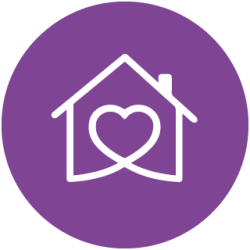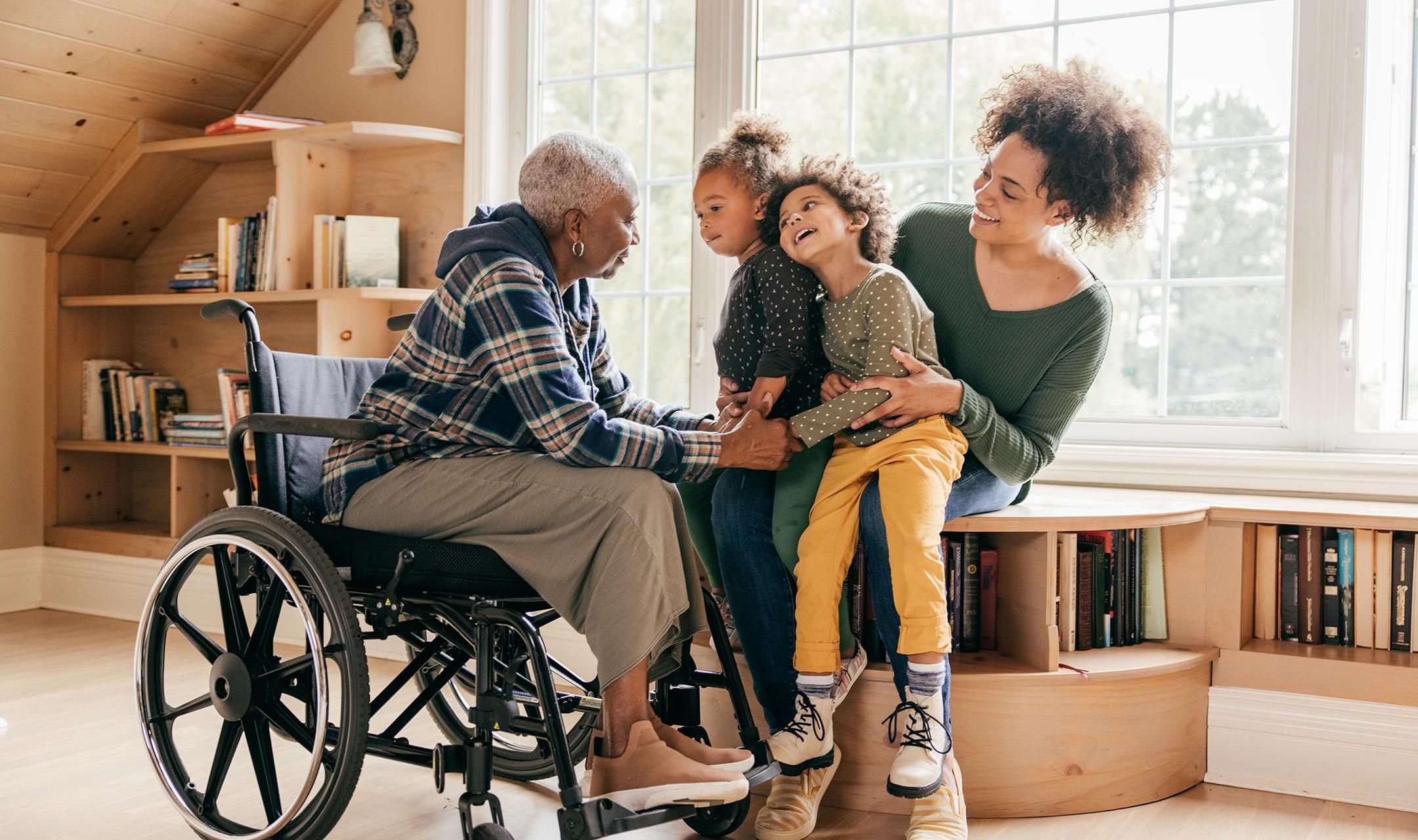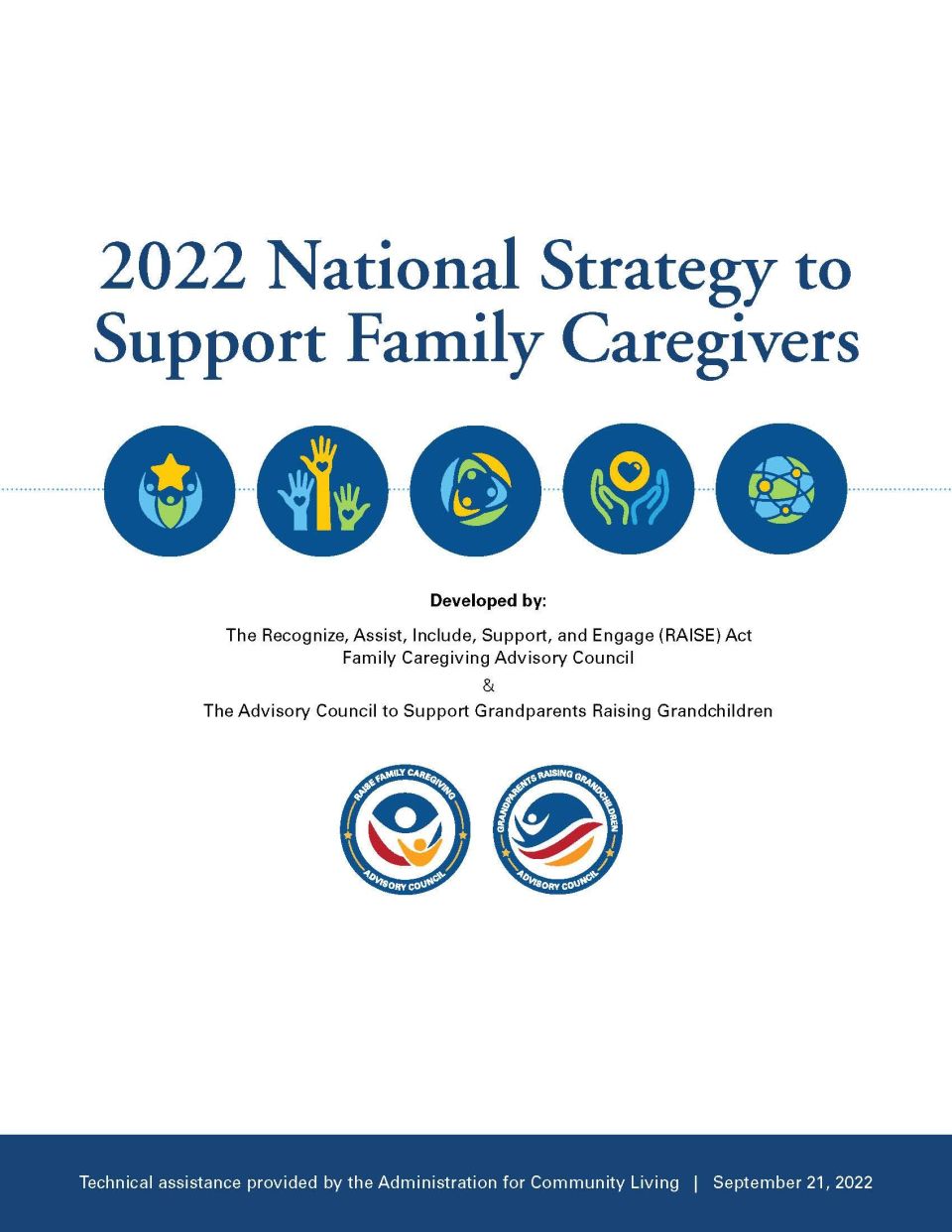Rosalynn Carter
Supporting Unpaid Family Caregivers
Illinois Aging Services (IAS) recently received funding from the RRF Foundation for Aging and the IL Department on Aging to create an inclusive, statewide, non-partisan coalition to support unpaid and informal caregivers. The coalition will include unpaid caregivers, advocacy groups & human services organizations, policymakers, employers, unions, disease- specific organizations, policy research groups, health care providers, kinship care providers, representatives of the veterans’ community and LGBTQ community, organizations and individuals supporting people with disabilities and input from the general public.
This coalition will do the following to support unpaid family caregivers:
- Discuss the 2021 recommendations from the federal RAISE Family Caregivers Act with stakeholders who currently participate in the national work groups;
- Discuss best practices in Illinois and other states;
- Identify and promote policy changes to support unpaid caregivers;
- Launch a public awareness campaign in Illinois spotlighting caregiving and provide resources to caregivers.
Informal Caregiving:
By the Numbers
The COVID-19 pandemic has shined a light on the essential role of unpaid, informal caregivers in Illinois and throughout the country and the support they need to care for their families and friends.
Sources: AARP Family Caregiving in IL; NORC at the University of Chicago on behalf of the CDC Foundation and NAC.

Unpaid, Informal Caregivers Nationwide
1 out of 5 Americans
served as caregivers for family members and/or friends during the pandemic
30 billion hours
of uncompensated care each year, an average of
24 hours a week
6 out of 10 caregivers

Financial & Health Challenges
29% of caregivers
an average of 26% of their income
on costs around providing care for older adults
6 out of 10 caregivers
61% of caregivers’ employment

Illinois Facts
80% of Illinoisians aged 40+
47% of voters
2/3
- Caregivers provide companionship (92%),
- help with errands (90%), transportation (87%),
- provide complex care including:
- managing medications (64%),
- bathing/dressing (52%), and
- medical/nursing support suppport (51%).
6 out of 10
News & Events
Senate Resolution Celebrating November Family Caregiver Month
Illinois Family Caregiver Coalition Named Recipient of Prestigious Aging Innovations Award From USAging
Caregiving Caucus Breakfast
AARP Illinois – “Illinois Family Caregivers Can’t Wait for Support”
Illinois’ 1.3 million caregivers are in crisis.
For years, AARP Illinois has heard from caregivers about the many struggles they face – spending time and money they don’t have to take care of their loved ones, while feeling lost and overwhelmed trying to find reliable resources and information.
Caregiver Stories
RAISE Act – 2022 Strategies to Support Family Caregivers
Seeking Caregiver Support
By Melanie Kalmar
Illinois Family Caregiver Coalition gives caregivers a voice, connects them with resources.











